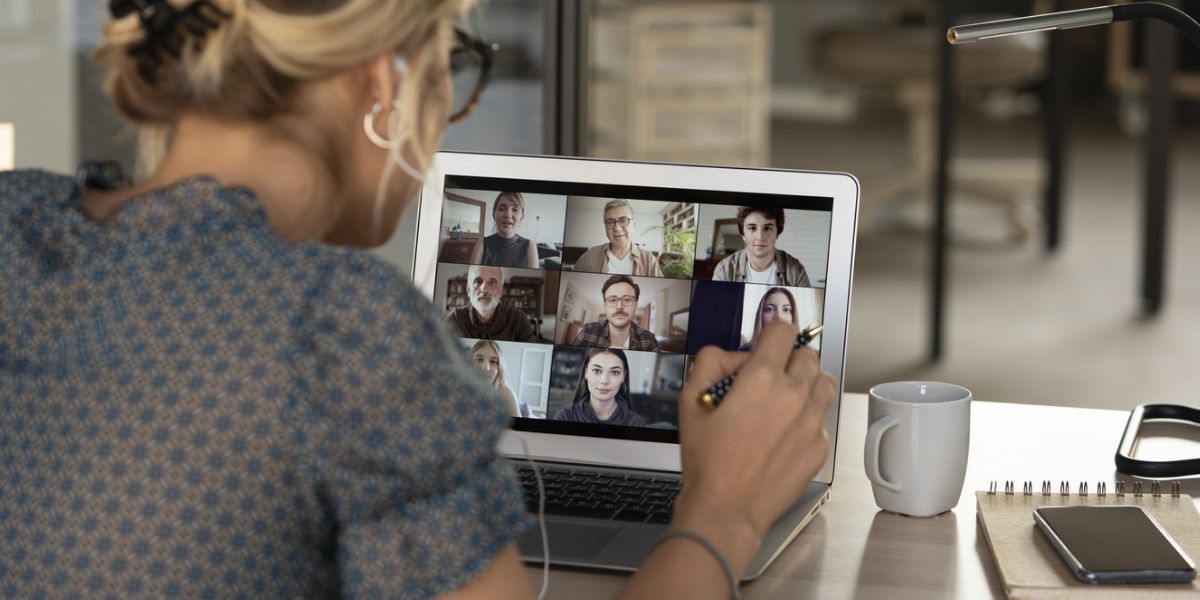Not getting enough sleep dulls the “fundamental” human characteristic of helping one another and results in real-world consequences, according to new research.
Getting too little sleep is commonly linked to an increased risk of health issues, including cardiovascular disease, depression, diabetes, hypertension and overall mortality. This new research discovered that a lack of sleep also damages the basic human social conscience, resulting in people abandoning their need and eagerness to help others.
- Poor cognitive function triggered by lack of sleep during childhood, study claims
- Improving sleep quality could reduce risk of fatty liver disease, researchers say
The scientists at the University of California, explain that helping each other is a “fundamental feature of homo sapiens” and “has been one of the most powerful forces sculpting the advent of modern civilizations”.
The research investigated the association between lack of sleep and whether humans choose to help one another.
For example, the researchers examined charitable giving habits in America during the week at the start of Daylight Saving Time, which is when most states lose an hour of sleep due to clocks moving forward.
They found that charitable giving dropped by 10 per cent when compared to states which did not lose an hour of sleep or when the same states returned to standard time.
Led by UC Berkeley scientists and members of the Helen Wills Neuroscience Institute at UC Berkeley, Eti Ben Simon and Matthew Walker, the research contributes to and furthers existing research into the harmful effects of inadequate sleep on an individual’s physical and mental wellbeing. It also looks at the interactions between people and “even the altruistic sentiment of an entire nation,” according to Science Daily.
Co-lead Matthew Walker, director of the Center for Human Sleep Science and a UC Berkeley professor of psychology, said: “Over the past 20 years, we have discovered a very intimate link between our sleep health and our mental health. Indeed, we’ve not been able to discover a single major psychiatric condition in which sleep is normal.
“But this new work demonstrates that a lack of sleep not only damages the health of an individual, but degrades social interactions between individuals and, furthermore, degrades the very fabric of human society itself. How we operate as a social species – and we are a social species – seems profoundly dependent on how much sleep we are getting.”
“We’re starting to see more and more studies, including this one, where the effects of sleep loss don’t just stop at the individual, but propagate to those around us,” added Eti Ben Simon. “If you’re not getting enough sleep, it doesn’t just hurt your own well-being, it hurts the well-being of your entire social circle, including strangers.”
- Light exposure during sleep linked to obesity and diabetes in older adults, study finds
- People with diabetes could lose weight in their sleep with new technology
The studies
The report consisted of three studies which measured the effect that a lack of sleep has on people’s enthusiasm to help others.
The first study involved scanning 24 healthy participants using a functional magnetic resonance imager (fMRI) whilst taking part in a questionnaire and social cognition task after a night when they got eight hours of sleep and then again after a night of no sleep.
Results stated that “participants in study one demonstrated a significant decrease in the desire to help others under conditions of sleep deprivation, relative to those same individuals when sleep rested.”
Areas of the brain that are active when people empathise with others or attempt to understand other people’s requirements and desires, were less active after no sleep.
Neuroscientist and sleep researcher, Ben Simon, said: “When we think about other people, this network engages and allows us to comprehend what other person’s needs are: What are they thinking about? Are they in pain? Do they need help?
“However, this network was markedly impaired when individuals were sleep deprived. It’s as though these parts of the brain fail to respond when we are trying to interact with other people after not getting enough sleep.”
The second study followed more than 100 people online to measure the quality of their sleep over three or four nights, involving measuring how long they slept for and how many times they woke up. The researchers then analysed the participant’s want to help others, such as holding doors open for other people or volunteering.
“Here, we found that a decrease in the quality of someone’s sleep from one night to the next predicted a significant decrease in the desire to help other people from one subsequent day to the next. Those with poor sleep the night prior were the ones that reported being less willing and keen to help others the following day,” explained Ben Simon.
The third study consisted of the researchers analysing a database of three million charitable donations in the United States from 2001 to 2016. This is when they discovered that charitable donations dropped by 10 per cent during Daylight Saving Time.
Walker, author of the international bestseller ‘Why We Sleep’, said: “Even a very modest ‘dose’ of sleep deprivation – here, just the loss of one single hour of sleep opportunity linked to daylight saving time – has a very measurable and very real impact on people’s generosity and, therefore, how we function as a connected society.
“When people lose one hour of sleep, there’s a clear hit on our innate human kindness and our motivation to help other people in need.”
Sleep and society
According to a previous study conducted by Walker and Ben Simon, insufficient sleep led to people withdrawing from society and socialising less whilst increasing their sense of loneliness. Walker then said that when people with inadequate sleep interacted with other people, the loneliness spread like a virus.
He said: “Looking at the big picture, we’re starting to see that a lack of sleep results in a quite asocial and, from a helping perspective, anti-social individual, which has manifold consequences to how we live together as a social species.
“A lack of sleep makes people less empathetic, less generous, more socially withdrawn, and it’s infectious – there is contagion of loneliness.”
“The realization that the quantity and quality of sleep affects an entire society, caused by an impairment in prosocial behaviour, may provide insights into our societal state of affairs in the present day,” he added.
This discovery provides a new approach to bettering these particular aspects of society.
- Children with sleeping difficulties are likely to develop insomnia as an adult
- The time you go to sleep can affect your heart, researchers claim
Ben Simon, explained: “Promoting sleep, rather than shaming people for sleeping enough, could very palpably help shape the social bonds we all experience every day.”
“Sleep, it turns out, is an incredible lubricant to prosocial, connected, empathic, kind and generous human behaviour. In these divisive times, if there was ever a need for a strong, prosocial lubricant to enable the very best version of ourselves within society, now seems to be it,” said Walker. “Sleep may be a wonderful ingredient that enables the alacrity of helping between human beings.”
Ben Simon added: “Sleep is essential for all aspects of our physical, mental and emotional lives. When sleep is undervalued in society, not only do we get sleep-deprived doctors, nurses and students, but we also suffer from unkind and less empathic interactions on a daily basis.”
She concluded: “It is time as a society to abandon the idea that sleep is unnecessary or a waste and, without feeling embarrassed, start getting the sleep that we need. It is the best form of kindness we can offer ourselves, as well as the people around us.”
The research was published in the journal PLOS Biology.




